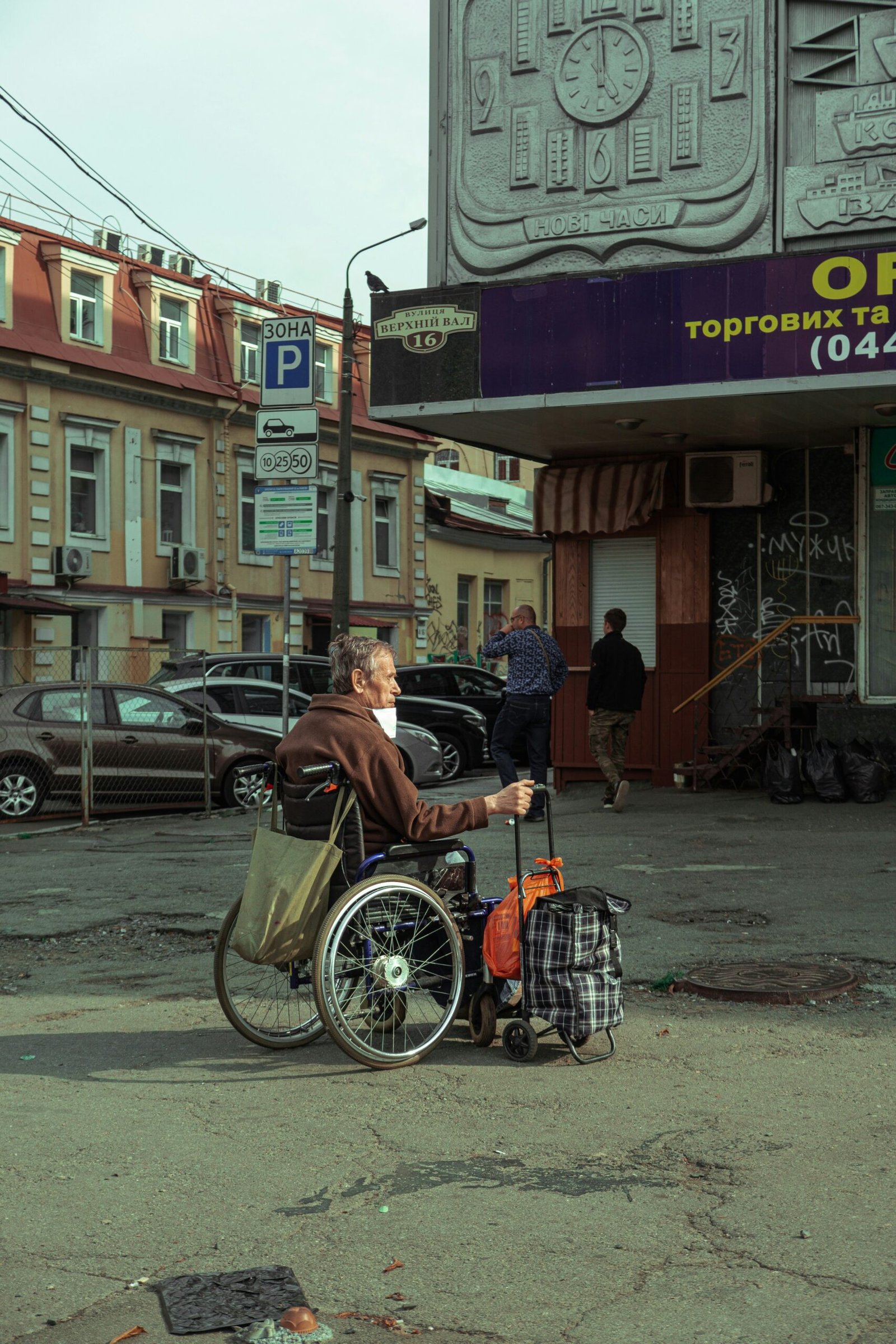Advocacy and Activism for Disability Sexuality: Promoting Inclusivity and Autonomy
Sexuality is an integral part of the human experience, regardless of one’s physical or mental abilities. However, the sexual rights and autonomy of people with disabilities have often been overlooked or disregarded in society. Advocacy organizations and activists play a crucial role in championing the rights of individuals with disabilities, working towards creating more inclusive and accessible societies. In this blog post, we will explore the important work being done by these organizations and activists, as well as discuss strategies for promoting disability sexuality.
Understanding the Challenges
People with disabilities face unique challenges when it comes to their sexual lives. Society’s misconceptions and stigma surrounding disability often lead to the exclusion and marginalization of individuals with disabilities in matters of intimacy and relationships. The lack of accessible sexual education, limited availability of adaptive devices, and societal attitudes towards disability can further hinder the sexual expression and fulfillment for people with disabilities.
The Role of Advocacy Organizations
Advocacy organizations play a crucial role in promoting disability sexuality and advocating for the rights and autonomy of individuals with disabilities. These organizations work tirelessly to raise awareness, challenge societal norms, and push for policy changes that ensure inclusivity and accessibility. Some notable organizations include:
- Sexuality and Disability Consortium (SDC): SDC is a network of professionals, activists, and researchers dedicated to promoting the sexual rights and well-being of people with disabilities. They provide resources, conduct research, and advocate for inclusive policies.
- Disabled Parents Rights: This organization focuses on the rights of disabled parents, ensuring that they have equal access to reproductive health care, adoption services, and support in raising their children.
- Sexual Health and Disability Alliance (SHADA): SHADA provides information, support, and resources on sexual health for people with disabilities. They work towards destigmatizing disability sexuality and empowering individuals to make informed choices.
Activists Driving Change
Activists play a crucial role in challenging societal norms and advocating for the sexual rights of people with disabilities. Through their personal stories, activism, and public speaking engagements, these individuals bring attention to the issues faced by the disabled community and push for change. Some notable activists include:
- Andrew Gurza: Andrew is a disability awareness consultant and speaker who focuses on sexuality and disability. He uses his platform to challenge ableism and advocate for the rights of disabled individuals to have fulfilling and inclusive sexual lives.
- Amy Sequenzia: Amy is an autistic activist who promotes disability rights, including the right to sexual autonomy. She emphasizes the importance of recognizing and respecting the diverse sexual needs and desires of individuals with disabilities.
- Haben Girma: Haben is a deafblind lawyer and activist who advocates for disability rights, including access to sexual education and reproductive health services for people with disabilities. She has been instrumental in raising awareness about the barriers faced by disabled individuals in accessing information and resources related to sexuality.
Strategies for Inclusivity
Creating a more inclusive and accessible society requires collective effort and a commitment to change. Here are some strategies that can help promote disability sexuality:
- Comprehensive Sexual Education: Implementing comprehensive sexual education programs that are inclusive of individuals with disabilities can help address the knowledge gap and empower disabled individuals to make informed choices about their sexual lives.
- Accessible Healthcare Services: Ensuring that healthcare providers are trained to address the specific needs and concerns of people with disabilities is essential. Accessible healthcare services that provide comprehensive sexual and reproductive health care are crucial in promoting inclusivity.
- Representation and Media: Promoting positive and accurate representation of people with disabilities in media can help challenge stereotypes and promote acceptance. By showcasing diverse relationships and experiences, media can contribute to a more inclusive understanding of disability sexuality.
- Advocacy and Policy Changes: Continued advocacy and policy changes are necessary to ensure the rights and autonomy of people with disabilities. This includes advocating for accessible spaces, adaptive devices, and legal protections against discrimination.
By highlighting the work of advocacy organizations and activists, we can bring attention to the importance of promoting disability sexuality and creating more inclusive societies. It is through collective efforts and a commitment to change that we can empower individuals with disabilities to embrace their sexual rights and autonomy.

